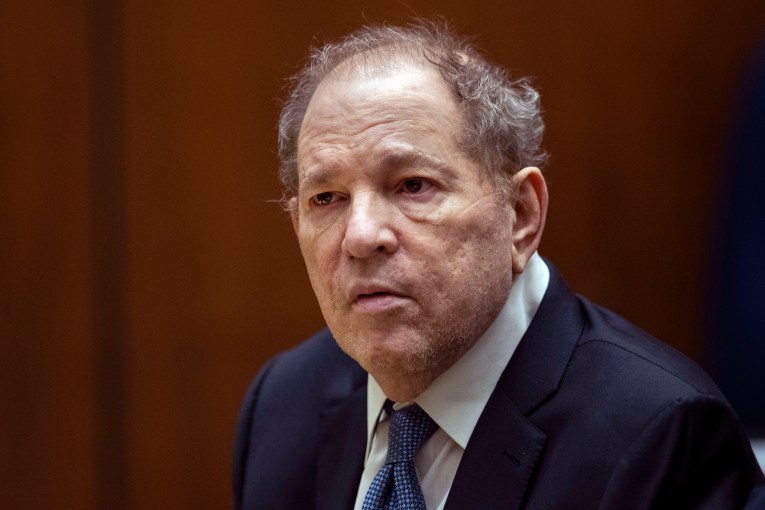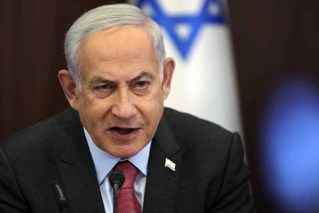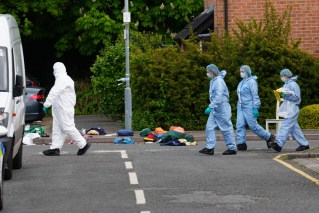Barack Obama avoids talk of Trump in first public address since leaving office
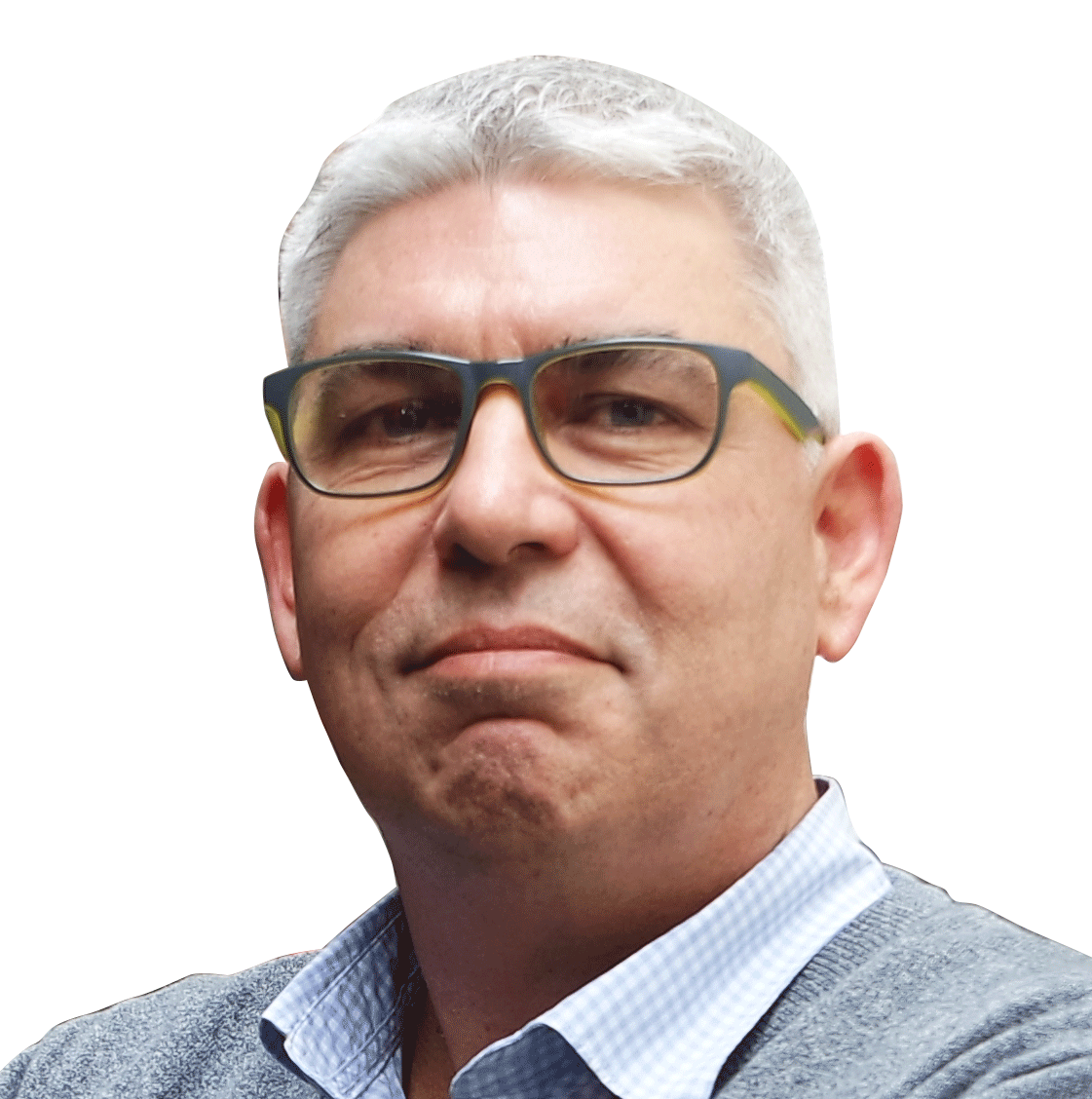
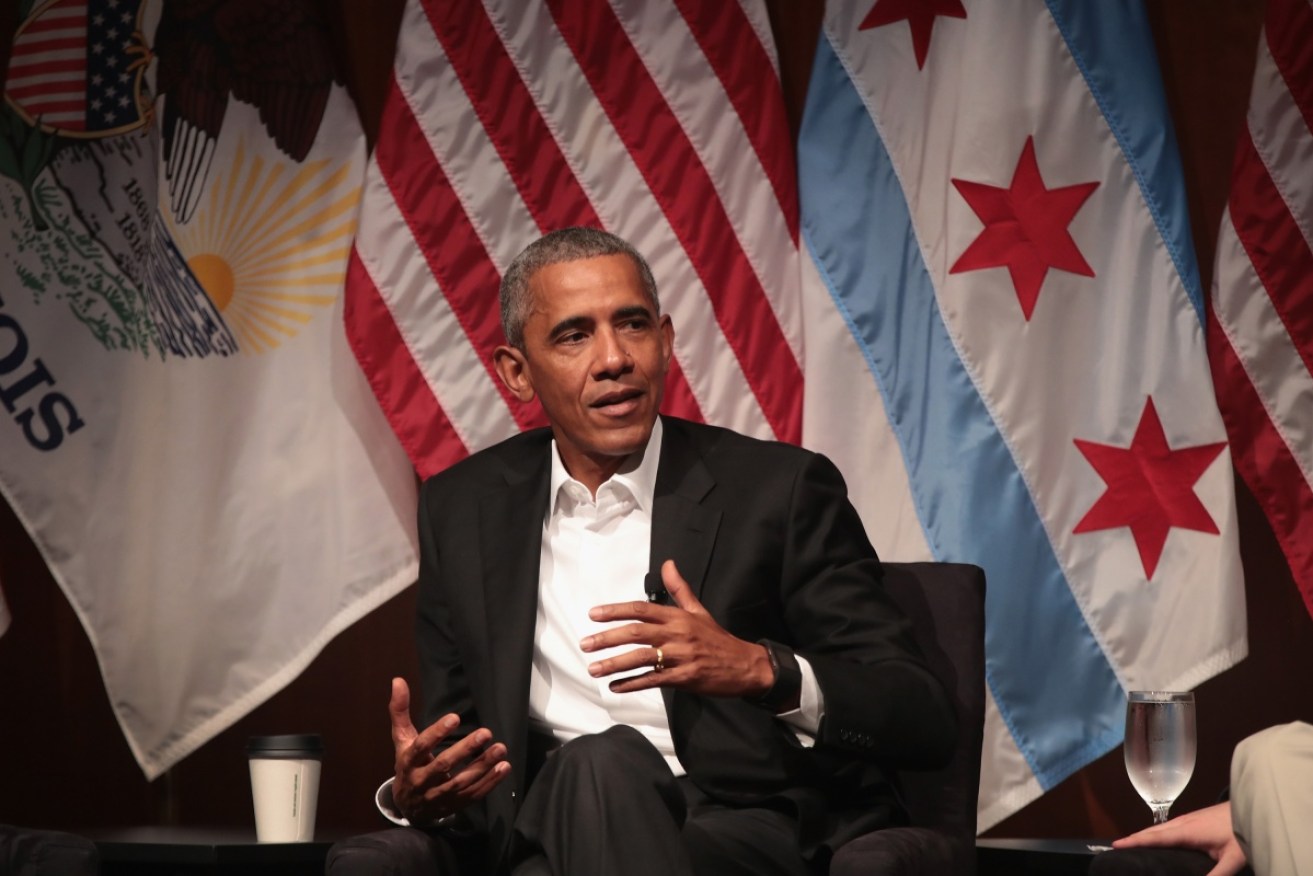
Former US president Barack Obama avoided discussing Donald Trump in his first public address since leaving office. Photo: Getty
Former President Barack Obama said he has spent a lot of time “thinking about what is the most important thing I can do for my next job” in his first public address since leaving office.
Mr Obama, who has avoided the spotlight since leaving the White House in January, used his return to the public stage Tuesday morning (AEST) to outline his concerns for the United States, but studiously avoided discussion of his successor Donald Trump.
“So, what’s been going on while I’ve been gone?” the former president asked as he took his seat on the stage at the at the University of Chicago, where he once taught constitutional law.
Mr Obama said that since leaving office he has been “thinking about what is the most important thing I can do for my next job.”
“What I’m convinced of is, that although there are all kinds of issues that I care about and all kinds of issues that I intend to work on, the single most important thing I can do is to help – in any way that I can – prepare the next generation of leadership to take up the baton and to take their own crack at changing the world,” he said.
Mr Obama’s return engagement was before an invitation-only audience and six-member panel of students from Chicago-area colleges at the Conversation on Civic Engagement forum.
While Mr Obama was happy to discuss some challenges facing the United States under its new president, he did not comment on the current state of US politics or Mr Trump.
Since leaving office, Mr Obama mostly avoided commenting on President Trump as he vacationed in French Polynesia and Palm Springs, California.
The one notable exception was when offered a statement of support in late January for protesters who staged massive demonstrations at the nation’s airports in response to Mr Trump’s travel ban.
President Trump, meanwhile, has spent much of his first 100 days at the White House criticising his predecessor, while seeking to overturn Mr Obama’s legacy health-care laws.
Susan MacManus, a political scientist at the University of South Florida, was quoted by USA Today as saying that while some of Mr Obama’s backers are eager for him to weigh in on Mr Trump’s presidency, his silence could be the most effective campaign tool for Democrats hoping to win Republican-held House seats in Georgia and Montana in upcoming special elections.
“The way Obama managed his presidency compared to the current presidency is making some people who didn’t support him reconsider his presidency in a positive way,” Ms MacManus said.
“Speaking out during this quiet moment for Obama risks interrupting peoples’ reflections on his presidency that might be improving from where they were at when he left office.”
Instead of replying to Mr Trump’s criticisms, Mr Obama concentrated on how he plans to foster the next generation of US leaders.
“Are there ways we can knock down some of the barriers that are discouraging young people from a life of service?” Mr Obama said. “I want to work to knock down those barriers and to get this generation to accelerate their move toward leadership.”
He identified economic inequality, the criminal justice system, climate change and gun violence and key challenges to the US.
“All those problems are serious. They’re daunting. But they’re not insolvable,” Mr Obama said.
